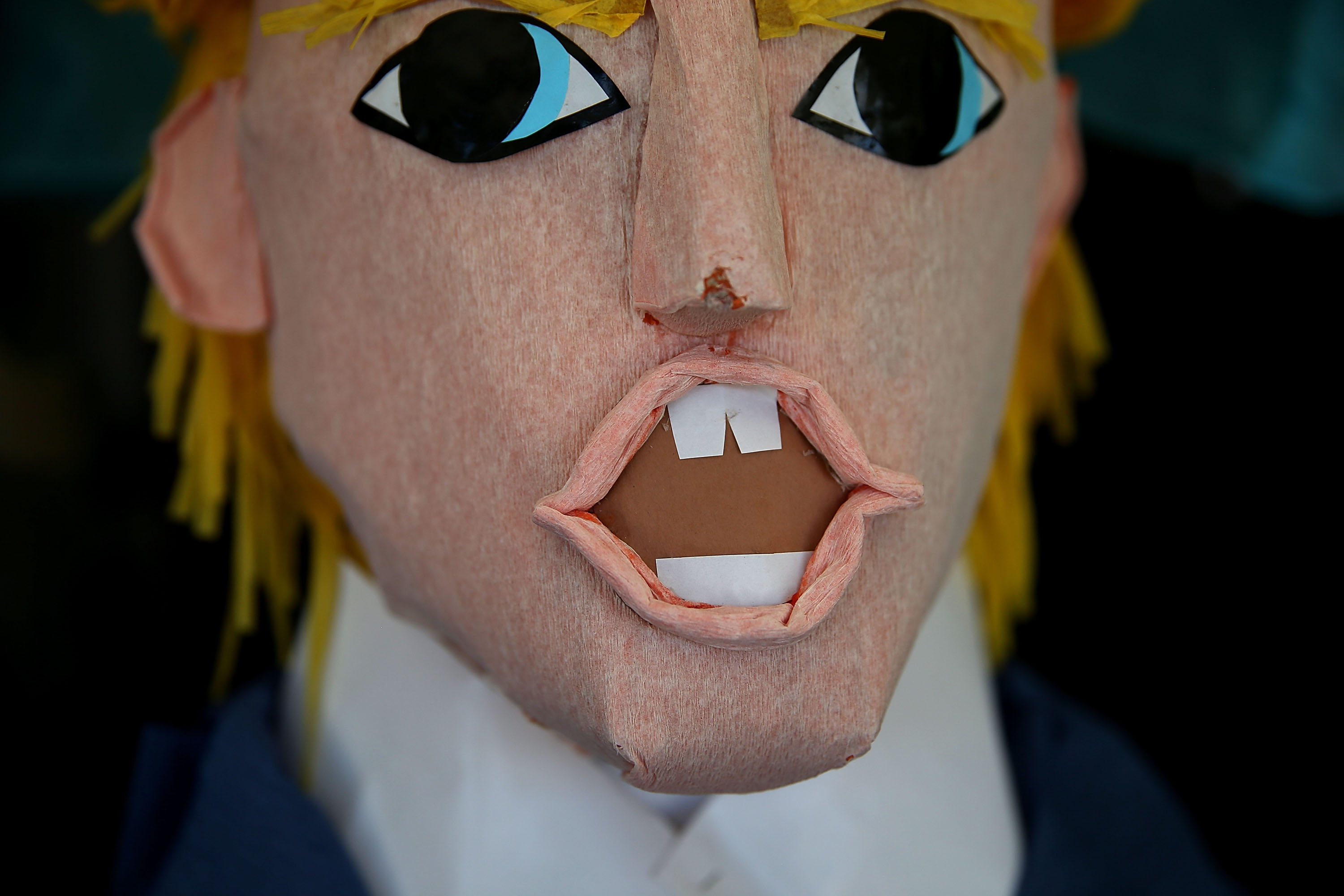In his first federal budget plan, issued this morning, Donald Trump proposed ending the National Endowment for the Arts and the National Endowment for the Humanities. The NEA and NEH have been punching bags for conservative politicians for decades, but according to the New York Times, Trump is the first president to propose eliminating them. And though the president’s budget proposals don’t carry official weight–Congress sets the budgets, not the White House–with Republican majorities in both houses, it seems likely that the endowments could be going away.
The endowments were created in 1965, by no less a pragmatist than Lyndon B. Johnson, who signed a bill asserting that “an advanced civilization must not limit its efforts to science and technology alone, but must give full value and support to the other great branches of scholarly and cultural activity.” And though the roughly $300 million combined budget of the endowments is a drop in the bucket of the federal government’s $1.1 trillion annual discretionary spending–a slice so small it doesn’t even appear on this pie graph, over half of which is taken up by the nearly $600 billion military budget–Republicans have always used them as caricatures of government excess, taxpayer money spent on avant-garde painters and effete New York City theater companies.
For Trump, the proposal cut the NEA and NEH is purely symbolic. It will have next-to-no impact on the budget at large, but it shows mainstream Republicans who may doubt his conservative bona fides that he’s willing to play their game. For the artists and museums who rely on the endowments for funding, however, the cuts could be devastating. And it isn’t just liberal elites in ivory towers who will suffer: in his statement about the proposed shutdown, NEH chairman William D. Adams noted that the endowment supports arts programs for veterans of Afghanistan and Iraq, photography projects in rural Appalachian Kentucky, and access to the papers of George Washington for students. On its website, the NEA has a list of notable artists and institutions it has funded over the years, which include Alice Walker, Chuck Close, and A Prairie Home Companion.
It’s unclear whether Congress will act on Trump’s proposal to gut the endowments, and as the Times notes, tens of thousands of people have already signed a petition asking legislators to save them. If the endowments do go away, I can think of one extremely wealthy Republican donor, celebrated arts patron, and free market enthusiast who would be uniquely positioned to step in: David Koch, put your money where your mouth is and spend $300 million on a privately owned NEA/NEH replacement. Subjecting artists who need funding to the whims of an evil billionaire is far from a perfect solution, but at least it would keep the cash from drying up entirely.





